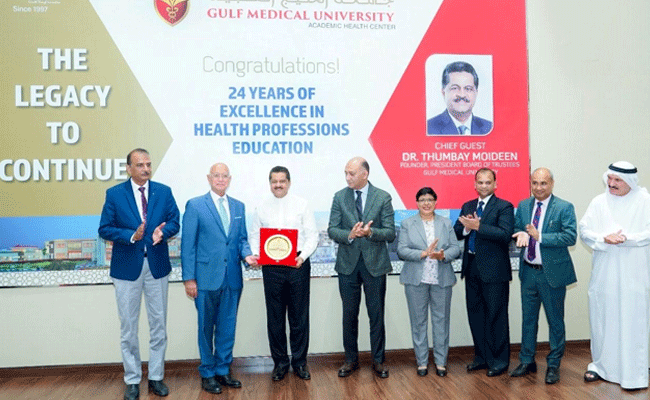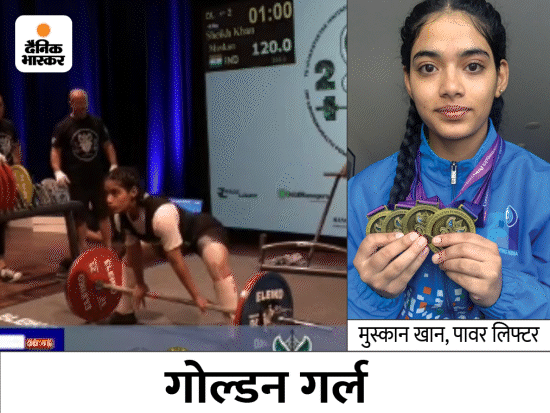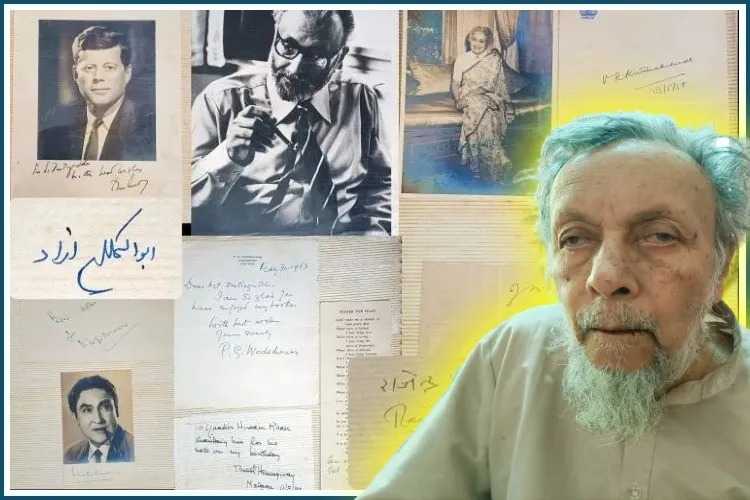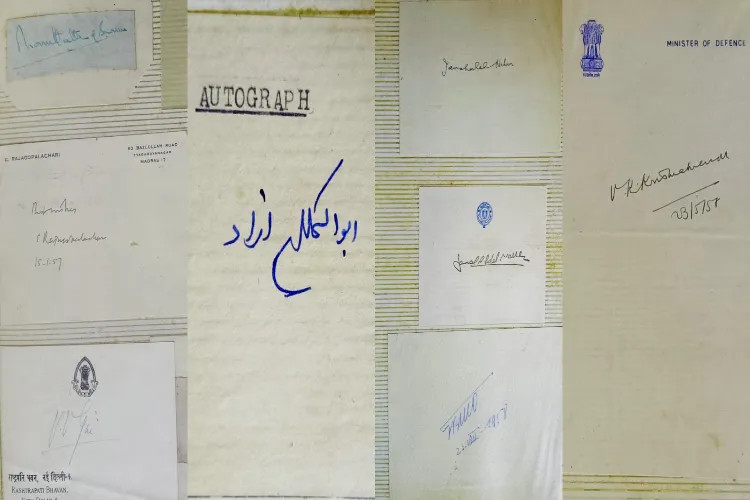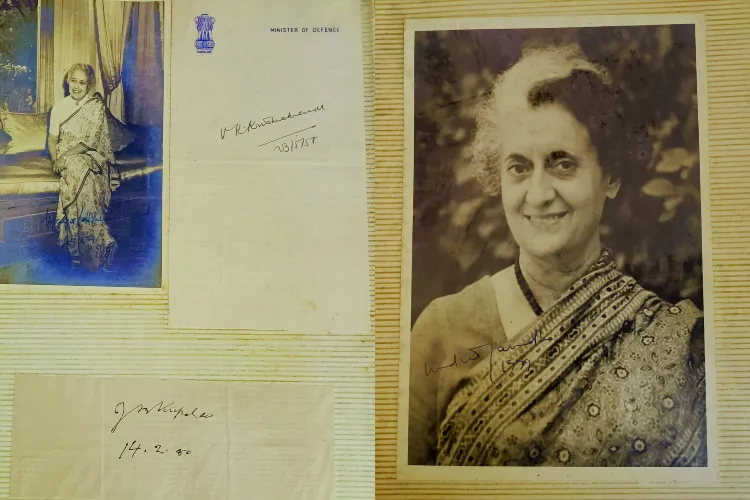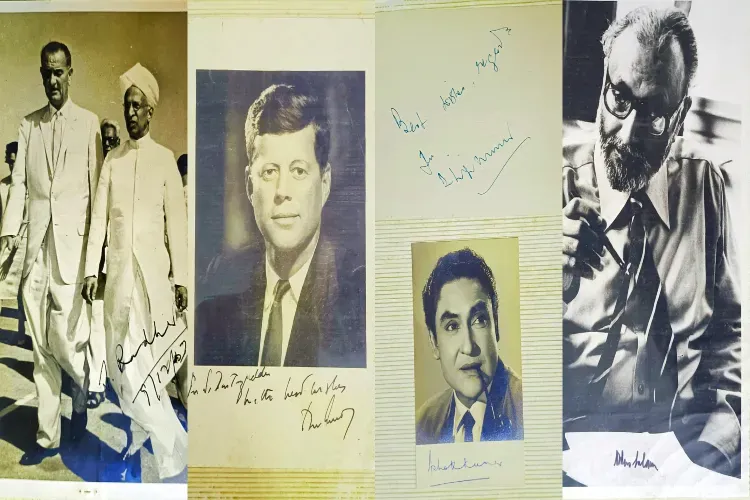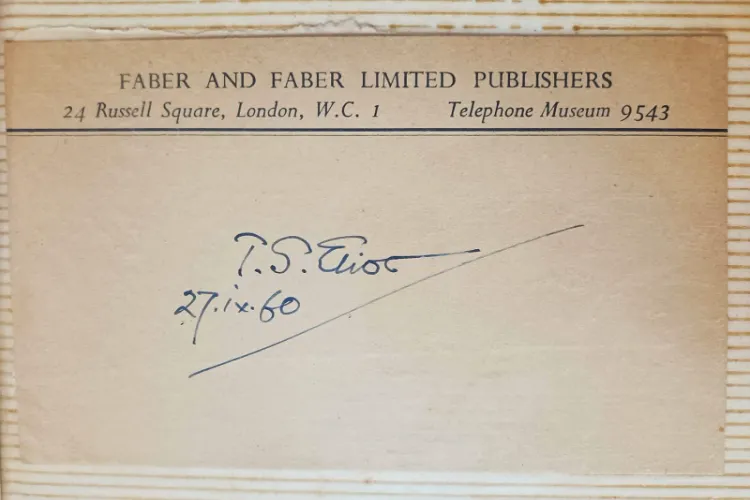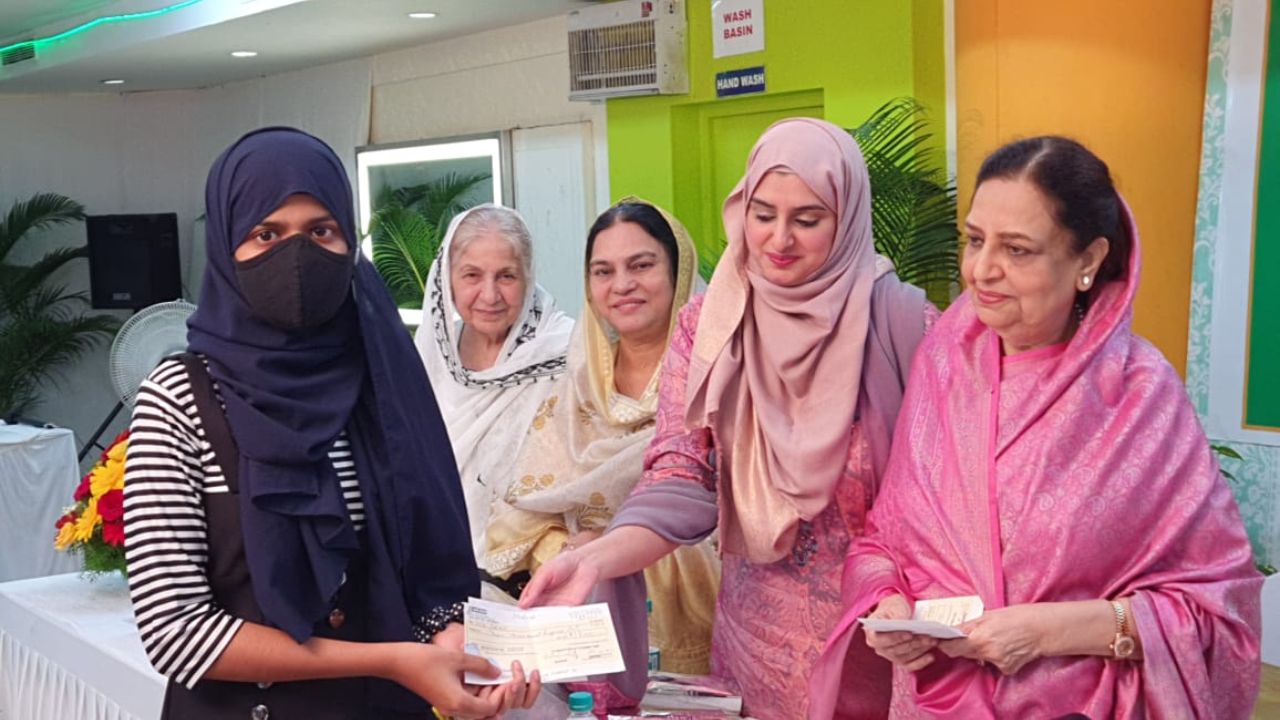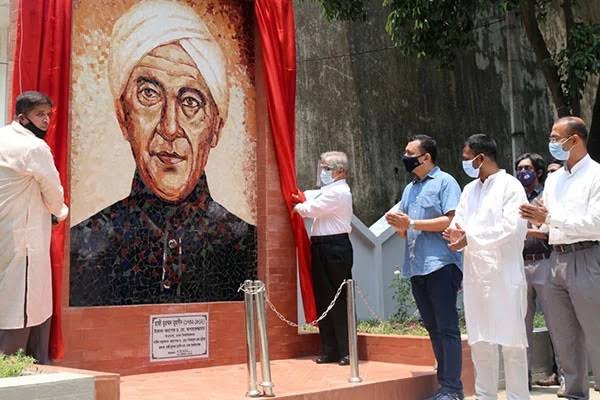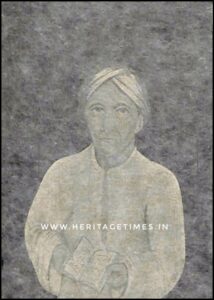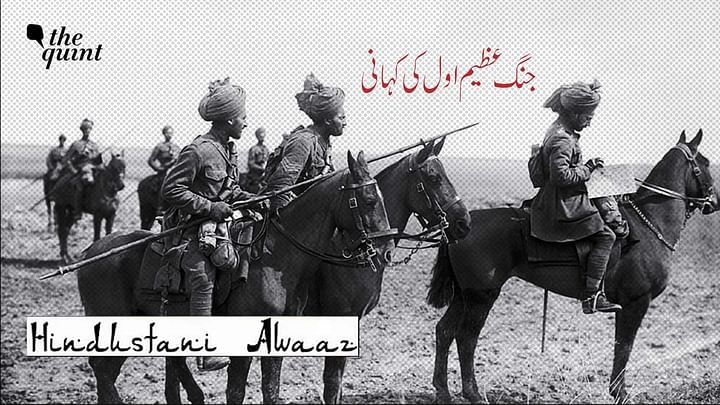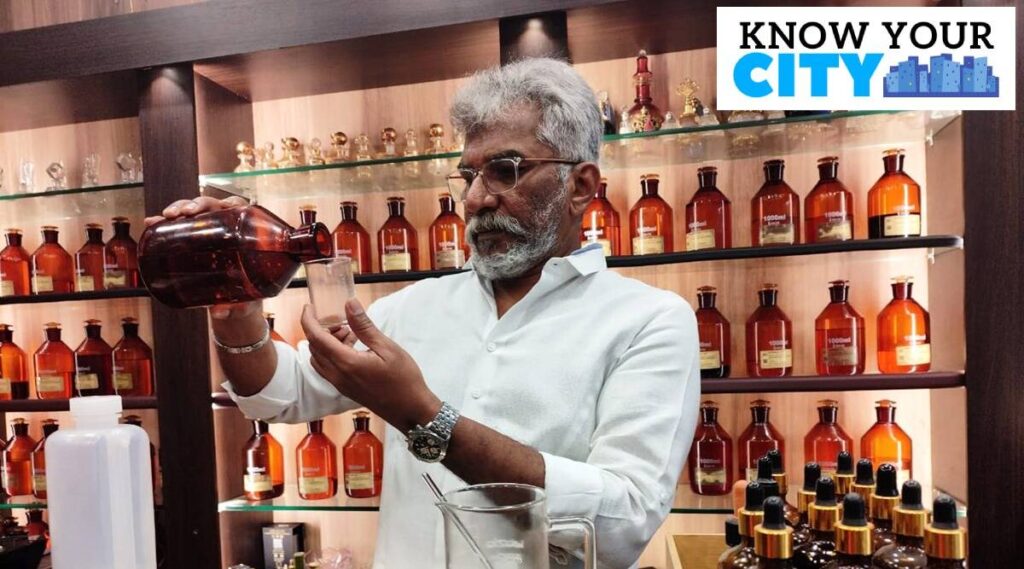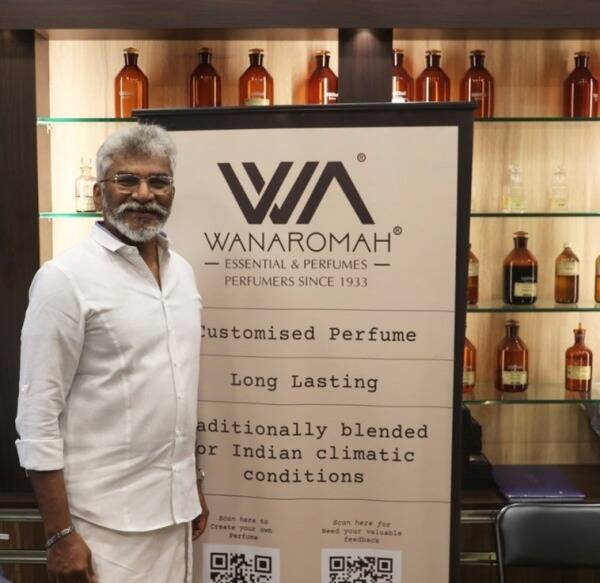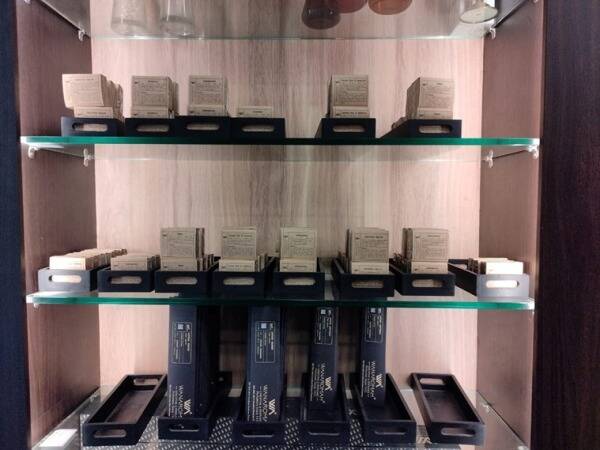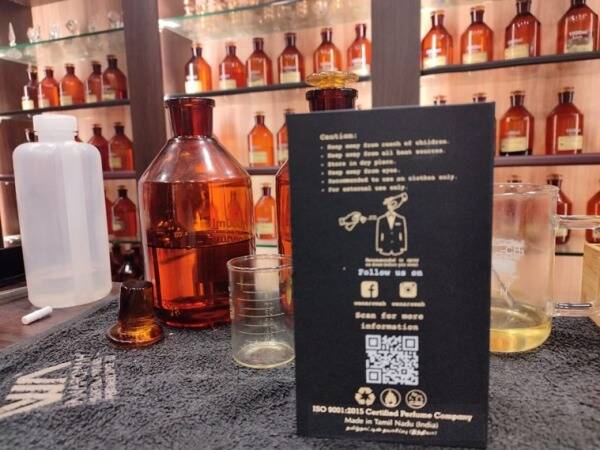Metiaburj, BENGAL Presidency / Calcutta, WEST BENGAL:
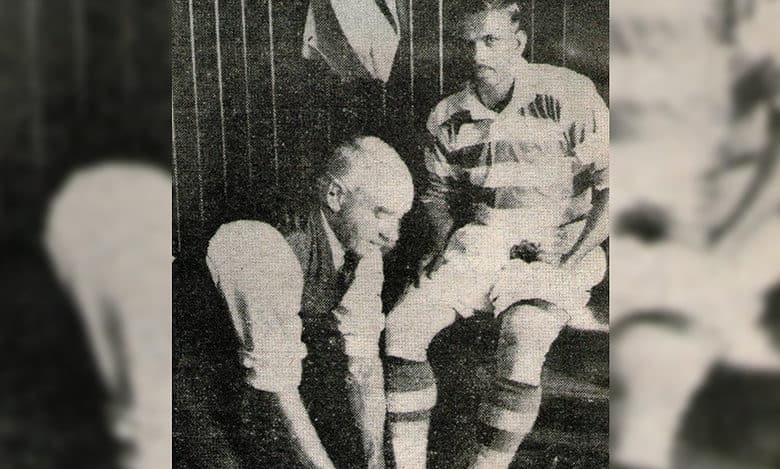
Who was the first Indian footballer to play for a European football club? Very few people in India will be able to answer this question correctly.
He was a Kolkata-based football player Mohammed Salim who was selected by the well-known Celtic Football Club in Scotland in 1936. He carved out a brief but glorious career before returning to his hometown.
An interesting story was once told by his son Rashid Ahmed. After his father had grown old, the son decided to see if the famous Celtic Club of Scotland still remembered his father. He wrote to Celtic Club introducing himself as the son of their former player Mohammed Salim and stated that his father was facing financial difficulty in his old age.
Rashid Ahmed was not really expecting any reply from the club authorities after so many years. He had simply taken a chance. However, he got the biggest surprise of his life when the Celtic football club replied with a letter of sympathy and a bank draft of 100 pounds enclosed.
“I really had no need for the money. It was just a ploy to find out if Mohammed Salim was still alive in their memory. To my amazement, I received a letter from the club. Inside was a bank draft for £100. I was delighted, not because I received the money but because my father still he had a place of pride in Celtic. I have not encashed the draft and will preserve it till I die. I just want my father’s name to be remembered as the first Indian footballer to play abroad,” Rashid told the media.
The reason why Salim returned to India was that he was uncomfortable with the food and the climate of Scotland. He had been born and brought up in Kolkata and therefore was not used to the foreign conditions. Celtic Club pleaded with him to remain in Scotland and even offered to organise a charity match on his behalf. Salim refused and asked that the money be donated to local orphans.
Thereafter German clubs also became interested in retaining Salim. He was offered a professional contract to play in Germany. But he was resolute that he would return to India. So he traveled back to India to rejoin Mohammedan Sporting Club for the beginning of the 1937 Calcutta Football League.
To trace his life back to the starting point, he was born to a middle-class family in Metiaburj in Bengal in 1904. He was studying to be a chemist but football was his first love. His skills were soon spotted by the Mohammedan Sporting club and he was recruited in 1927.
After a brief stint with other clubs, Salim rejoined Mohammedan Sporting in 1934 and ensured that it reached the very top. It was the golden period of this club with Salim spearheading the attacks. He won thousands of hearts with his ball control, dribbling and accurate passes.
A Chinese football official Dr. Chi Chao Yung who saw Salim and his teammates in action said: “Allow me to congratulate the members of the Indian team for their wonderful display. In the course of the game, they showed perfect understanding and exceptional speed. The forwards, Salim, Rahim, Bhattacharjee and Abbas were outstanding in their game.”
Soon after this, Salim departed for Scotland to try his luck there. The well-known Scottish manager Willie Mayley was surprised at the skills that Salim displayed and took him in the Celtic side. On 28 August 1936, he helped Celtic win 7–1 against Galston. The Scottish Daily Express carried the headline: “Indian Juggler – A New Style”, along with a description of Salim that read: “Ten twinkling toes of Salim, Celtic FC’s player from India, hypnotised the crowd last night. Three of Celtic’s seven goals came from his moves.” Another newspaper, The Glasgow Observer wrote: “Salim tickled the crowd at Celtic Park on Friday with his magnificent ball manipulation despite playing barefooted.”
But even after the praise and success, Salim decided to return to India because he missed his home country. In 1940 Mohammedan Sporting became the first Indian club to win the Durand Cup in front of one lakh spectators. The British Viceroy at that time Lord Linlithgow, witnessed the match against the Royal Warwickshire regiment.
In 1980, at the age of 76, Salim passed away in Kolkata.
Before independence, challenging the might of the British rulers was a Herculean task. Salim achieved this seemingly impossible feat with his football. That was his greatest glory. He demonstrated that even barefooted Indian players, with determination and skill, could overcome the strongest of British teams.
source: http://www.siasat.com / The Siasat Daily / Home> Featured News / by Abhijit Sent Gupta / November 26th, 2022
